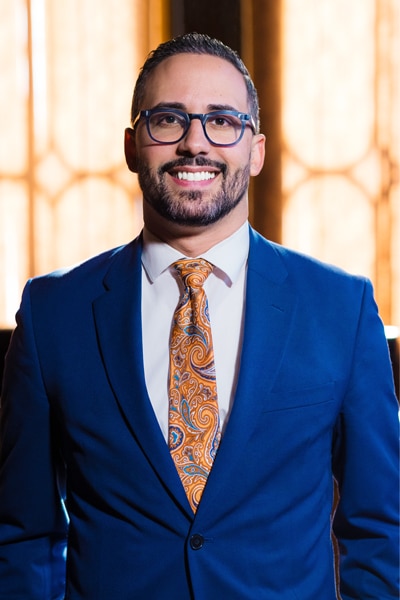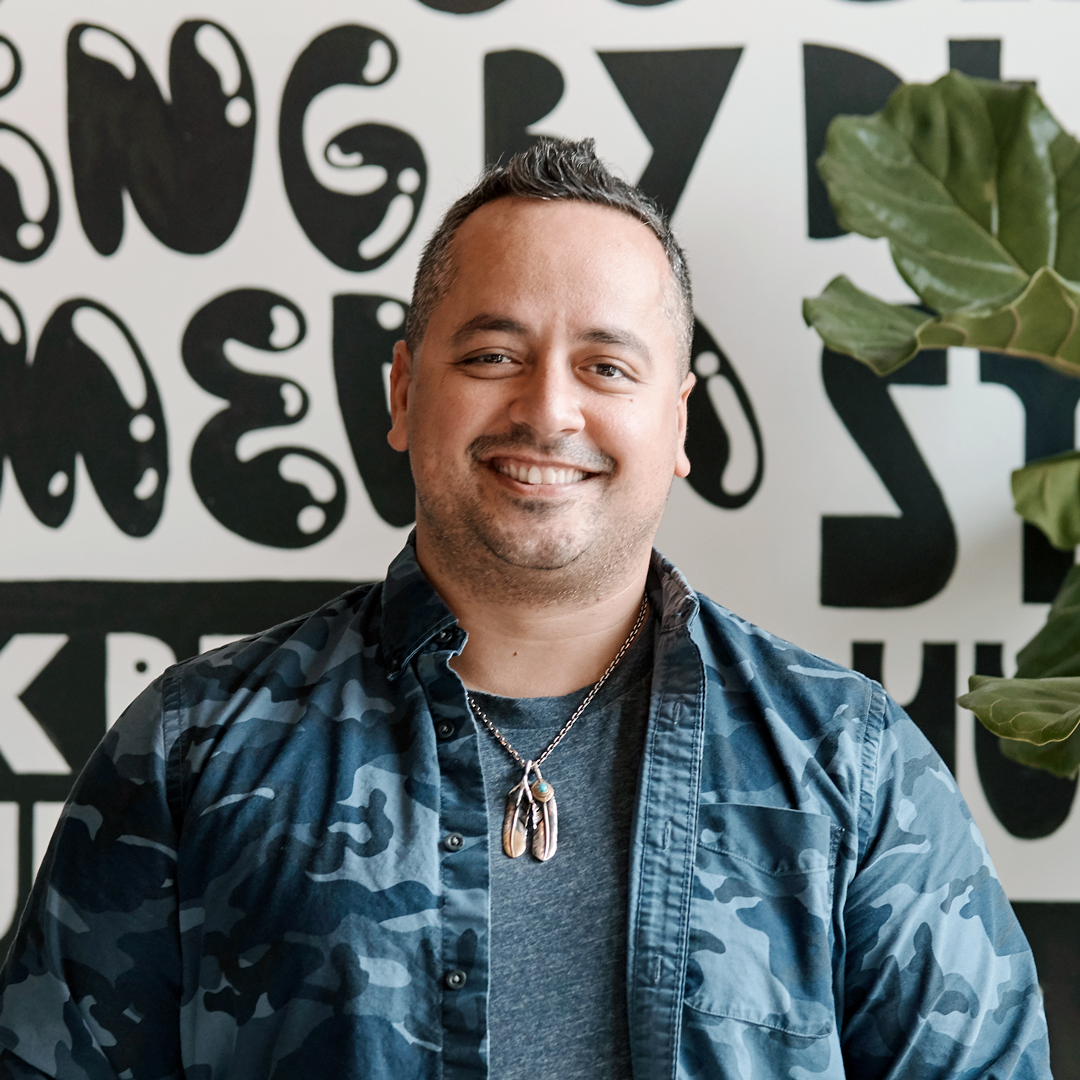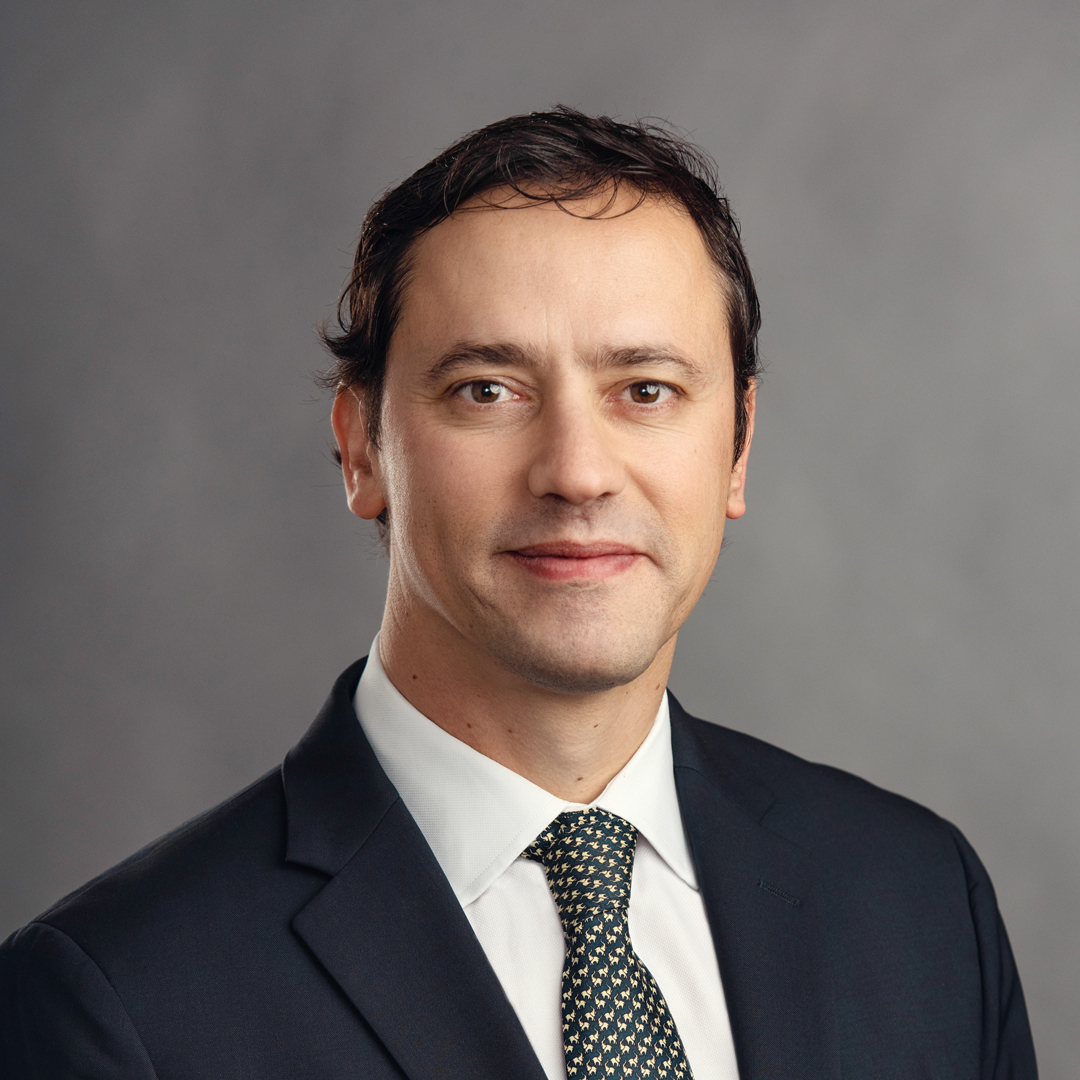|
Getting your Trinity Audio player ready...
|
“If your dreams inspire others to dream more, learn more, do more and become more, you are a leader.”
—President John Quincy Adams
Eric Batista has always believed in the power of rhetoric. He finds wisdom and inspiration in quotes and phrases about teamwork and inclusivity, and he uses these words to guide him not only in his profession but in his life.
Referencing the quote above from President John Quincy Adams, he says, “It’s quotes like these that remind me of what is truly important.”
Reminders such as these have helped Batista through difficult times. When he was just seven years old, the native Puerto Rican visited the city of Worcester, Massachusetts, with his family—and they never left. The visit came about a year after Hurricane Hugo ravaged Puerto Rico in 1990; the family was looking for a new start and a new life in Worcester, the second-largest city in New England. Soon, Batista began to fall in love with the city—a love that would change the course of his life.

“I loved growing up in Worcester,” recalls Batista, who now serves as the city’s chief of operations and project management. “I would say I was a well-rounded kid. I played the violin and the drums and was a volleyball and basketball player. The most important thing I wanted was to stay involved. I was very independent.”
He also describes his young self as a “curious kid,” explaining, “I was the one who questioned everything. My parents would say something and I would ask why. I wanted to know everything.”
His passion for learning inspired a focus on education: upon graduating college, he was recruited to build a college access program just outside of Worcester, within a predominantly Hispanic community. Soon after, he would further his schooling by earning his master’s degree while also working on a project with the Latino Education Institute.
“In the nonprofit sector, a lot of things are out of your control,” Batista says. “I wanted to make a big impact, so whenever I got a new opportunity, I went for it.”
In 2012, he took a job with the City of Worcester. It was an opportunity to work directly with and for the hometown he loved; however, he knew that there would be challenges, especially with the city’s youth. “We had seen an uptick in youth violence, and I just knew I had to take it on,” he remembers. “We were seeing nine or ten homicides a year at the time.”
A series of youth initiatives put in place by Batista and his team, under the leadership of City Manager Edward M. Augustus Jr., helped combat the problem and ultimately decreased the violence. “We went down to five homicides a year, so we knew it was working,” he says. “The mental health part of all of this was of utmost importance. It almost felt bigger than our city. That’s why we had a $3 million initiative to combat it.”
“We had seen an uptick in youth violence, and I just knew I had to take it on. We were seeing nine or ten homicides a year at the time.”
And while Batista says that he tries his best to keep the emotion out of his everyday duties, that was sometimes easier said than done. Batista worked with more than 150 people and 70 organizations with the Youth Violence Initiative. “It was very emotional to hear the stories of our young people and the challenges that they were going through—but I focused on using that emotion for the good of the city,” he says. “We used that emotion to come up with solutions, and when I say solutions, plural, I mean it. One solution is never the answer. We were dealing with multiple crimes of violence including everything from home invasion to stabbings, and all of those crimes had different motives. You just couldn’t treat it the same.”
Many of the youth that Batista helped through those initiatives are the very same people in the community who continue to rely on him for insight and direction. “I always tell young people that it’s important to follow your passion, even if it takes you away from what your family is saying to you, especially within Hispanic households,” he says. “You are the one living your life.”
Indeed, being a Hispanic in a place of power is something Batista says speaks to future generations.
“I can feel younger eyes on me,” says Batista, whose community of Worcester is 20 percent Hispanic, with Hispanics comprising 40 percent of the school system. “I have kids message me on Facebook asking me how I got to where I am, how to build a résumé, and how to transition from job to job. They are our future. I want to mentor them as much as I can.”
These days, Batista finds himself in awe of not only where the city has come from but where it is going.
“I can feel younger eyes on me. I want to mentor them as much as I can.”
“This city is in such a great position right now, and there has been great economic growth,” says Batista, who will work on a new strategic plan in 2019 that will allow the city to work better internally. “I owe much of that to the fact that we all work as a team. When you work together, you can see the big picture easier. The decisions I make are decisions I can’t make on my own. I need to make sure that all of the voices are heard.”
Despite all of this on his plate, Batista says he strives to keep it all in balance. “As a government official, you are always on call,” he explains. “From the people in the city who see me out at the local restaurants to the family members who ask questions at a holiday dinner, I just never get away from it. But that’s just what it means to be a public servant, and that’s okay with me.”
Batista finds balance by playing basketball, playing music, and spending time with family. And then, he sits back, reads a quote or two, and remembers just what a gift it is to live this life of service to others.

